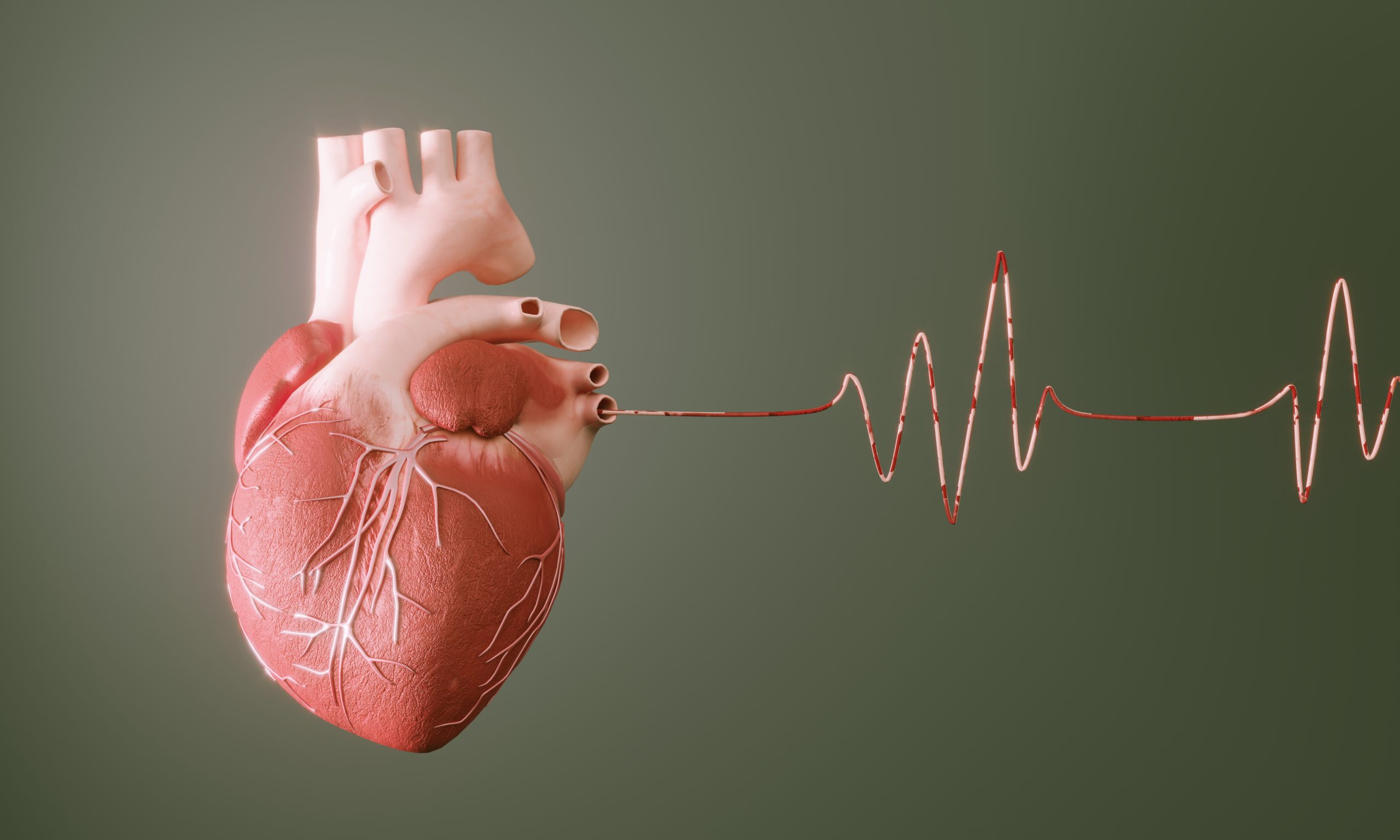Coronary Bypass surgery
Coronary bypass surgery (CABG) is the most common heart surgery in our specialty. Clinica Cardiovascular has adapted new techniques and technology to offer the best therapeutics with excellent results and effectiveness.
What is Coronary Heart Disease or Ischemic Cardiomyopathy?
Arteries that feed blood to the heart (coronary arteries) may become clogged over time due to plaque buildup (fat), and produce diseases such as acute myocardial infarction or any type of Angina (Ischemic Cardiomyopathy).

Myocardial Revascularization or Coronary Bypass surgery restores blood flow to the blocked coronary arteries; improving the oxygenation of the heart itself through the use of ducts of other parts of the body (arterial or venous conduits).
General anesthesia is required so the patient will be asleep and will not feel pain during the operation. In addition, cardiovascular anesthesiologists will be constantly monitoring vital signs and medications throughout the procedure.
In the operation, a portion of the blood vessel is obtained from the leg (saphenous vein), the inner part of the thorax (mammary arteries) or other part of the body, such as the forearm (radial artery), depending on the case.
During the coronary bypass surgery, the sternum is divided, and the grafts are prepared to be used, the heart is prepared in order to connect it to the Extracorporeal Circulation (Cardiopulmonary Bypass) machine, on certain occasions and depending on the case; this intervention can be performed without using this machine.
Once connected, the heart stops and the vascular bypass are made, on the diseased coronary arteries, creating a new blood route to nourish the sick heart. Normally, your heart will stop for about 45-90 minutes of surgery.

When the procedure is finished, it is disconnected from the machine and the heart will re-establish its heartbeat and functioning. And the process of closing the sternum will begin, using special wires (these wires will remain inside your body without causing discomfort), and the skin will be closed with special materials.
The average time of surgery is 4 to 6 hours, and implies an Intensive Care stay of approximately 2 to 3 days depending on the case, and then will continue its evolution in the hospital room for approximately 2 more days until it is in optimal conditions for be able to be discharged from the hospital WITH THE RECOMMENDATIONS NECESSARY FOR HOME CARE.



